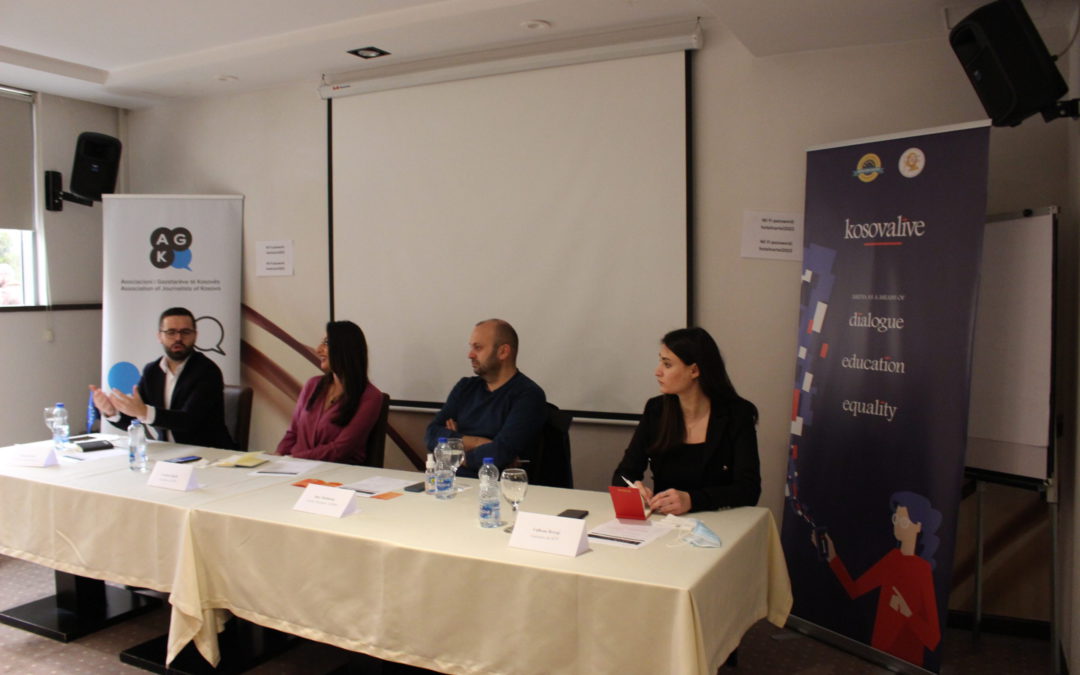Kosovo connected its last remaining non-connected village to high-speed broadband internet today, achieving one of the highest internet penetration in Europe. This milestone, achieved with World Bank support, marks a significant moment for the country’s technological advancement and its population of around 1.8 million.
A ceremony in the remote village of Herticë, in northeastern Kosovo, attended by government cabinet ministers and World Bank officials, marked the completion of works which connected a total of 201 villages, with 60,000 people, to high-speed broadband infrastructure, as part of the World Bank-financed Kosovo Digital Economy Project (KODE), implemented by the Ministry of Economy of Kosovo. In addition to almost 5,000 households, 107 schools and 43 health institutions in remote locations are also now connected to high-speed internet of up to 100 Mbps.
“Access to high-speed internet and better digital infrastructure in general will improve Kosovo’s connections to the global economy, which is essential for a more productive and faster growing economy, and it will bring benefits to all the people of Kosovo”, said Massimiliano Paolucci, World Bank Country Manager for Kosovo and North Macedonia.
Access to high-speed broadband can assist in public service delivery, provide opportunities for skills acquisition, and generate income through online work.
“We are glad to see that Kosovo is achieving its digital priorities and ambitions and we believe that the investments in digital development will make a transformational contribution to Kosovo’s economy and improve the lives of its people,” said Nicole Klingen, World Bank’s Practice Manager for Digital Development for Europe and Central Asia.
Expansion of broadband internet in rural areas of Kosovo was one project component of KODE. It also supported the establishment of the Kosovo Research and Education Network (KREN), which connected Kosovo’s academic institutions to one-another but also to the pan-European network of universities (GÉANT), and which provides them with other innovative, cost-effective, and reliable digital services. The project also supported the establishment of the National Spectrum Monitoring System that will enable efficient spectrum monitoring in the country. It is also providing digital skills trainings such as on iOS and Android mobile development programs, digital marketing, IT essentials, network administration and 3D printing technologies, to some 2,000 young people across Kosovo.
The KODE project was approved by the World Bank’s Board of Executive Directors in 2019. It was financed with a concessional credit in the amount of €20,700,000 ($25 million equivalent) from the International Development Association (IDA) of the World Bank Group.







